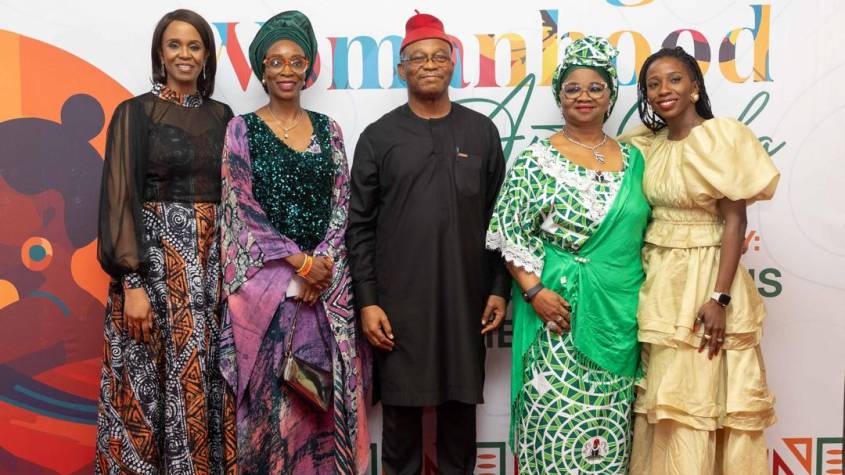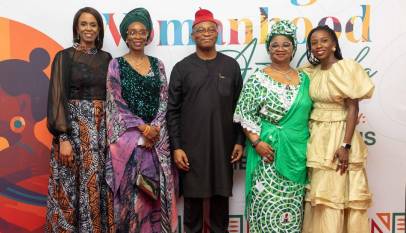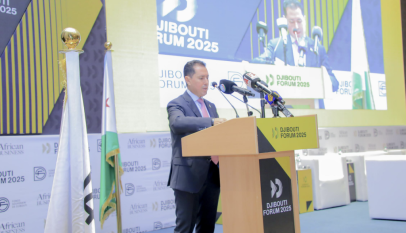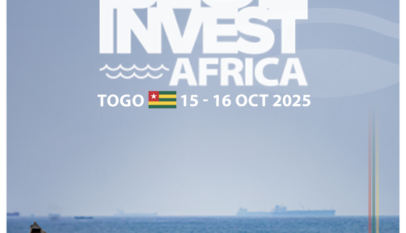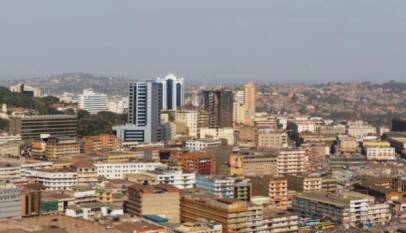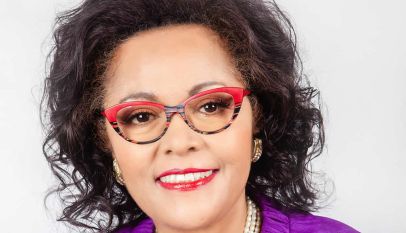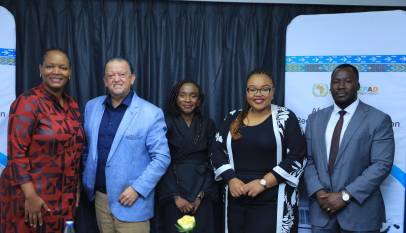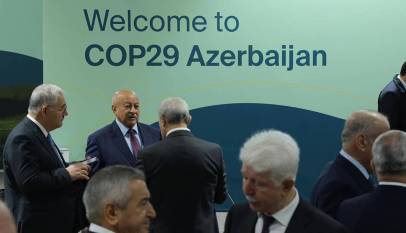Art–Health Nexus: Insights from 2025 Nigeria Health Watch’s Celebrating Womanhood Art Gala
Nigeria Health Watch’s 3rd Celebrating Womanhood Art Gala, themed “Her Strength in Every Story: Creative Expressions for Women’s Health,” focused on the intersection of art, health, and gender equity, exploring the power of art in amplifying women’s health issues and advocating for equitable healthcare systems.
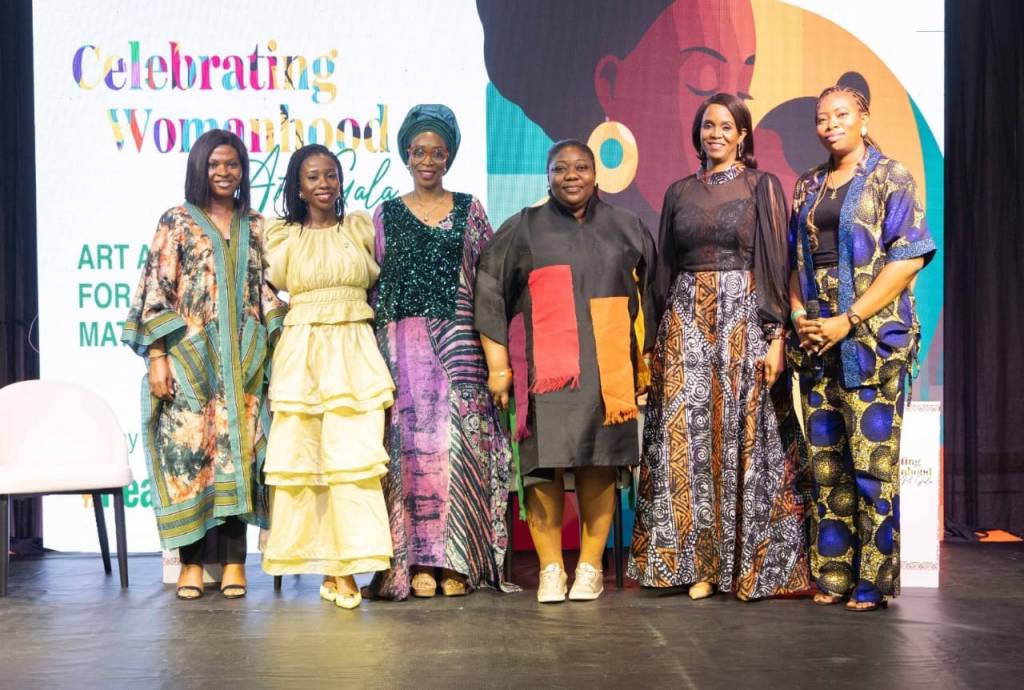
Maternal mortality rates are much higher in low-and middle-income countries with Nigeria having one of the worst indices of 1,047 deaths per 100,000 live births. To meet SDG 3.1, i.e., reducing the number to below 70 by 2030, Nigeria must reduce maternal deaths by at least 20.3% every year.
The huge gap between this target and the current reality highlights the urgent need to strengthen efforts to tackle the country’s persistent maternal health challenges. Tackling Nigeria’s high maternal mortality rates requires a multifaceted approach that encompasses enhancing healthcare infrastructure, increasing access to quality maternal health services, and addressing socio-economic barriers.
Deploying Community Health Workers (CHWs) and health educators in communities is a successful community-driven approach to improve access to maternal and child health services. These interventions enhance service utilization, educate communities, and can lead to improved health outcomes in Nigeria.
Moreover, initiatives like the Abiye (Safe Motherhood) Project in Ondo State have led to significant reductions in maternal mortality by providing free healthcare to pregnant women and children under five, improving access to skilled care during pregnancy, childbirth, and the postpartum period. The program led to a 75% decline in maternal deaths, reducing maternal mortality from 745 to 172 per 100,000 live births.
Additionally, integrating post-pregnancy family planning with empowering women helps delay childbearing and reduce fertility rates. By adopting and scaling such strategies, Nigeria can make substantial progress toward achieving the SDG target of reducing maternal mortality to below 70 per 100,000 live births by 2030.
In line with efforts to spotlight maternal health challenges and advocate for solutions through art, the Nigeria Health Watch’s 3rd Celebrating Womanhood Art Gala, themed ‘Her Strength in Every Story: Creative Expressions for Women’s Health,’ was recently held in Abuja, Nigeria.
The event convened a diverse range of stakeholders who advocated for policies that improve access to healthcare for women and promote strategic partnerships for lasting solutions to maternal health challenges. The event was convened in collaboration with MSD for Mothers, the National Gallery of Art (NGA), and the Female Artists Association of Nigeria (FEAAN), featuring a curated selection of artworks that reflect the challenges and triumphs of women’s health.
” We Can Achieve Maternal Health Equity Through Art and Advocacy” – Ihekweazu
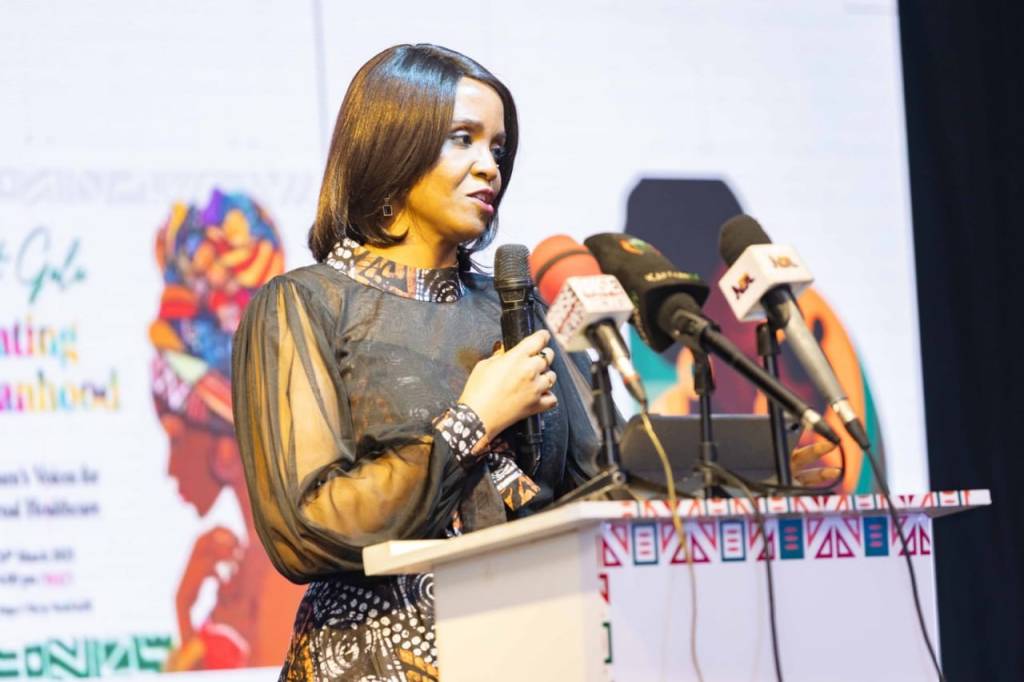
While speaking at the 3rd Celebrating Womanhood Art Gala, Managing Director of Nigeria Health Watch, Vivianne Ihekweazu, pointed out the urgent need to address maternal health disparities in Nigeria, noting that maternal health is not just a women’s issue but a societal one, urging collective efforts to bridge the gap in healthcare access to improve outcomes.
“Maternal health, as we all know, is an issue that affects us all. It touches our families, our communities, and our nations. Yet, the disparities in maternal health outcomes, especially in countries like Nigeria, remain alarmingly high. As of today, Nigeria continues to record one of the highest maternal mortality rates globally,” she said.
Ihekweazu said, despite Nigeria’s historical legacy of strong female leaders like Queen Amina of Zazzau and nationalist figures such as Funmilayo Ransome-Kuti, women remain underrepresented in decision-making spaces, particularly health policymaking. “If half of our population is women, and we are not fully harnessing their strength, then we are doing ourselves a disservice,” she stated.
The Nigeria Health Watch Chief underlined economic empowerment as the foundation for improving maternal health and creating a country “where maternal deaths are drastically reduced, and where women’s voices are no longer silenced or ignored. Women who control economic assets can negotiate for better healthcare services, ensure their families have access to resources, and demand that their needs are addressed.”
Ihekweazu, therefore, described the gala event as a platform to recognize the power of storytelling and art in amplifying women’s health issues. “Tonight is a call to action, a call to empower women and ensure that their voices are heard. If we want a prosperous, equitable, and healthy Nigeria, we must ensure that women are central to that vision.”
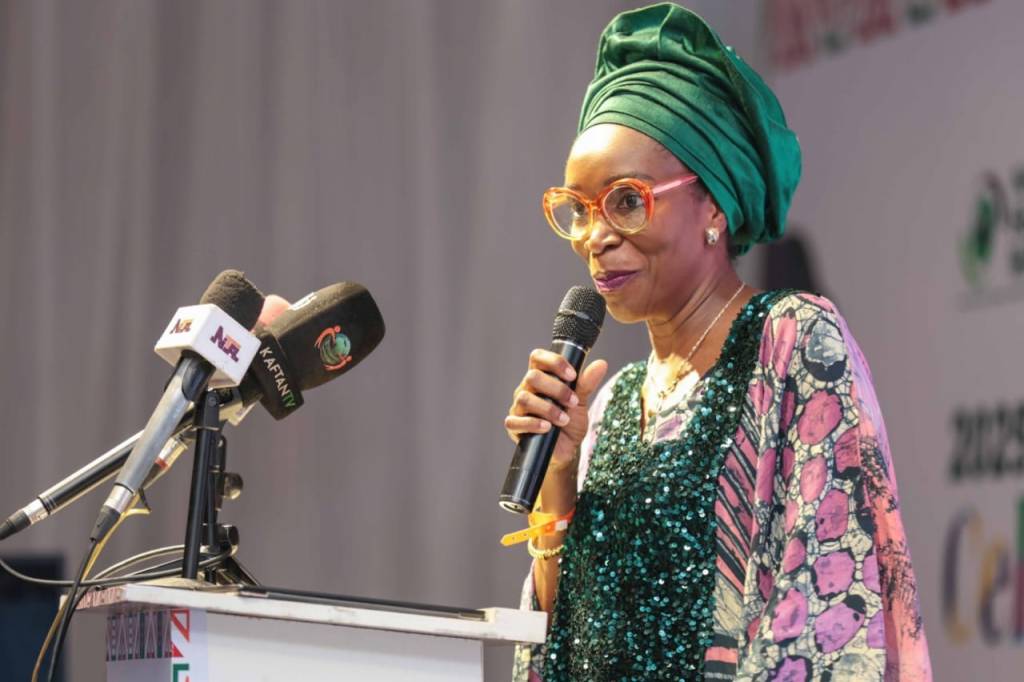
“There’s Big Disparity between Maternal Deaths in North and South ” – Ms Olubode
Iyadunni Olubode, Director of MSD for Mothers Nigeria and Kenya, further emphasized the stark disparities in maternal health across different regions of Nigeria, particularly the significant disparity in maternal mortality rates between Northern and Southern Nigeria. Such that maternal mortality rates in the North are significantly higher than those in the South, often exceeding 1,000 per 100,000 live births, while the South sees rates below 500 per 100,000.
“Disparity reveals persistent health inequities. And you can understand this very starkly when you look at women’s health, particularly maternal mortality. Looking at the average figures doesn’t quite show you the full picture of the situation. The SDG 3.1 target is reducing maternal mortality rates to 70 deaths per 100,000, and we are far from that!”
Olubode also reechoed the role of economic empowerment in improving women’s health, citing a McKinsey report that estimated a $1 trillion global GDP growth if the gender health gap is closed. “Women are the chief health officers of the family; they track medical appointments, ensure immunizations are done, and encourage proper nutrition and medication adherence. When women thrive, the whole world thrives,” she said.
The MSD for Mothers Director said pregnancy often marks a woman’s first real engagement with the healthcare system, noting that if that experience is positive, it will create lifelong health-seeking behaviors that benefit the entire family. She ended with a call to action: A thriving Nigeria is one where women’s health is prioritized, and we are proud to be part of that journey.”
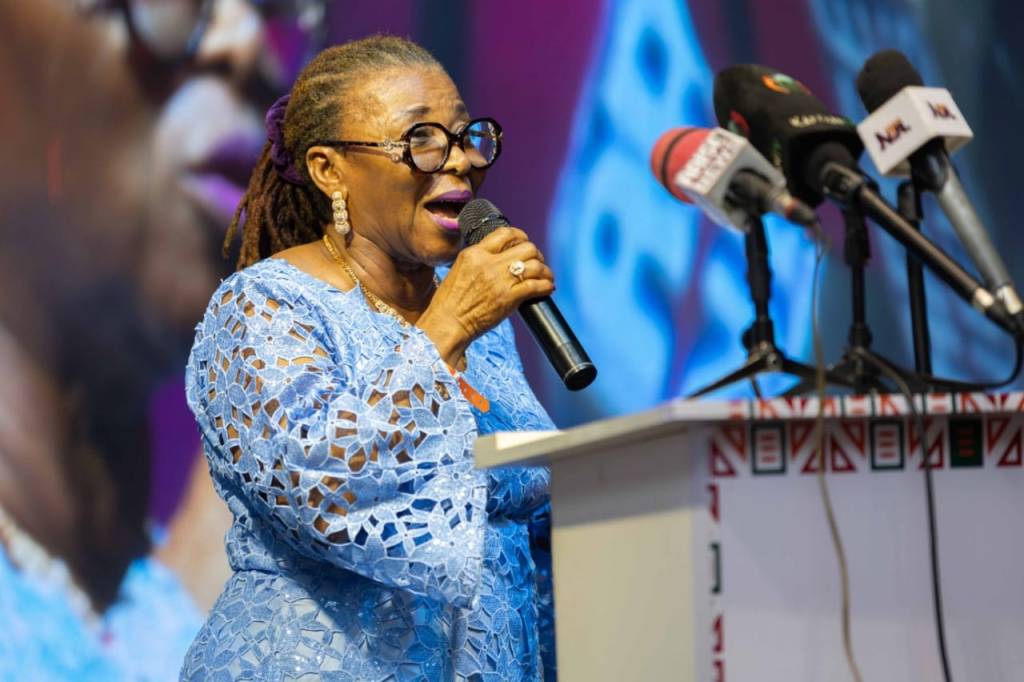
“Visual Expressions Expose Women’s Struggles, Resilience” – Dr Akande
Dr. Ngozi Akande of the Female Artists Association of Nigeria (FEAAN) spoke on the association’s mission to use art as a tool for advocacy and empowerment, describing visual storytelling as a means of expressing the struggles and resilience of women in society.
“We use our artworks to provide therapy to people; various forms of art can help you relax and feel good, whether it is poetry, drama, or any other creative expression. Our art helps people deal with mental health in the workplace, domestic violence, and the discrimination women face in politics. Through our art, we make our voices heard,” she stated.
Dr Akande said FEAAN was committed to using creative expression to highlight societal inequalities and advocate for meaningful change. “At the gala, their artworks serve as a powerful medium to tell women’s stories, breaking the silence on issues like gender-based violence and healthcare disparities.”
“Art Exposes Social Injustices, Challenges Societal Norms” – Women’s Minister
Nigeria’s Minister of Women Affairs, Imaan Sulaiman-Ibrahim (represented), emphasizes the transformative role of art in shaping narratives and influencing policy changes and ultimately driving social impact.
“Throughout history, art has been a tool of resistance, a vehicle for education, and a bridge for dialogue. It has exposed social injustices, inspired movements, and challenged norms. A single painting can lay bare the harsh reality of maternal mortality, a poem can articulate the silent struggles of domestic violence, and a documentary can shift mindsets, spark policy reforms, and inspire change,” she remarked.
Suleiman-Ibrahim said that beyond advocacy, art also serves as a means of healing, allowing survivors of trauma to process their experiences and share their journeys in ways that words cannot fully capture.
“I am proud to lead an institution committed to advancing the rights and well-being of women in the country. The Federal Ministry of Women Affairs works to ensure that gender perspectives are integrated across all sectors, including health, education, governance, security, economic empowerment, and the creative industry. This is not just a women’s issue; it is a national imperative,” said the Minister.
The Womanhood Art Gala amplified the voices of women through art, inspiring a renewed commitment to policy action and social change. By embracing creative expression as a force for advocacy, Nigeria is taking a step closer to addressing maternal health challenges and fostering a future where every woman’s story is heard and valued.
The gala event spotlighted the power of art in amplifying women’s health issues and advocating for equitable healthcare systems. The well-attended event triggered meaningful conversations, showcased art exhibitions, catalyzed advocacy, and drove policy advocacies that prioritize women’s health and well-being.

